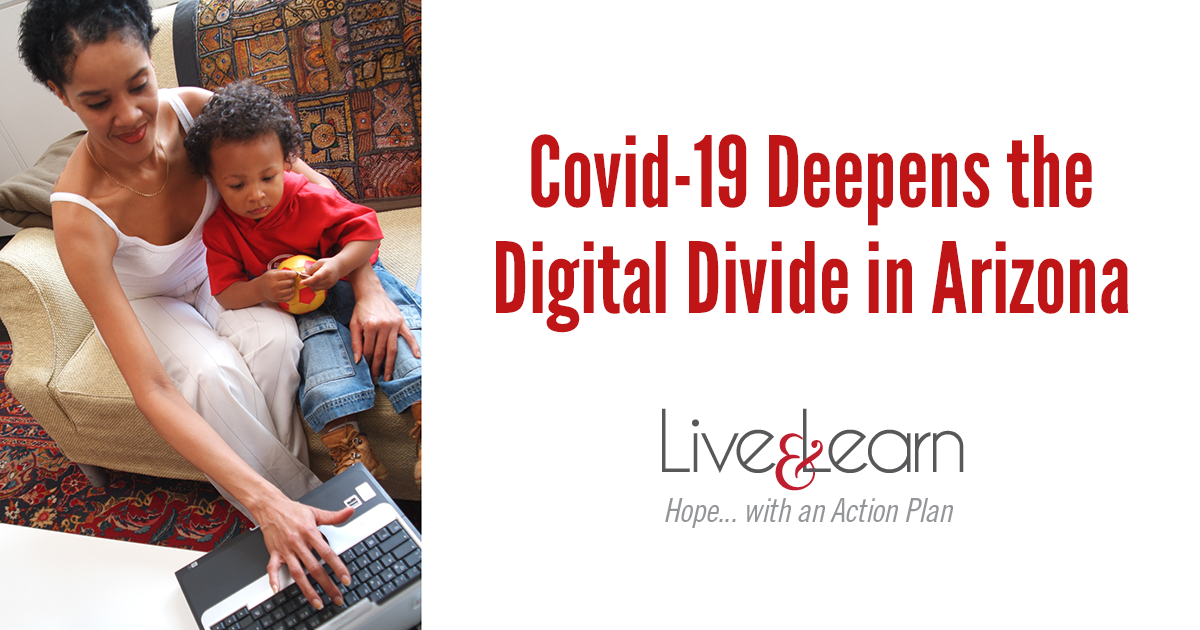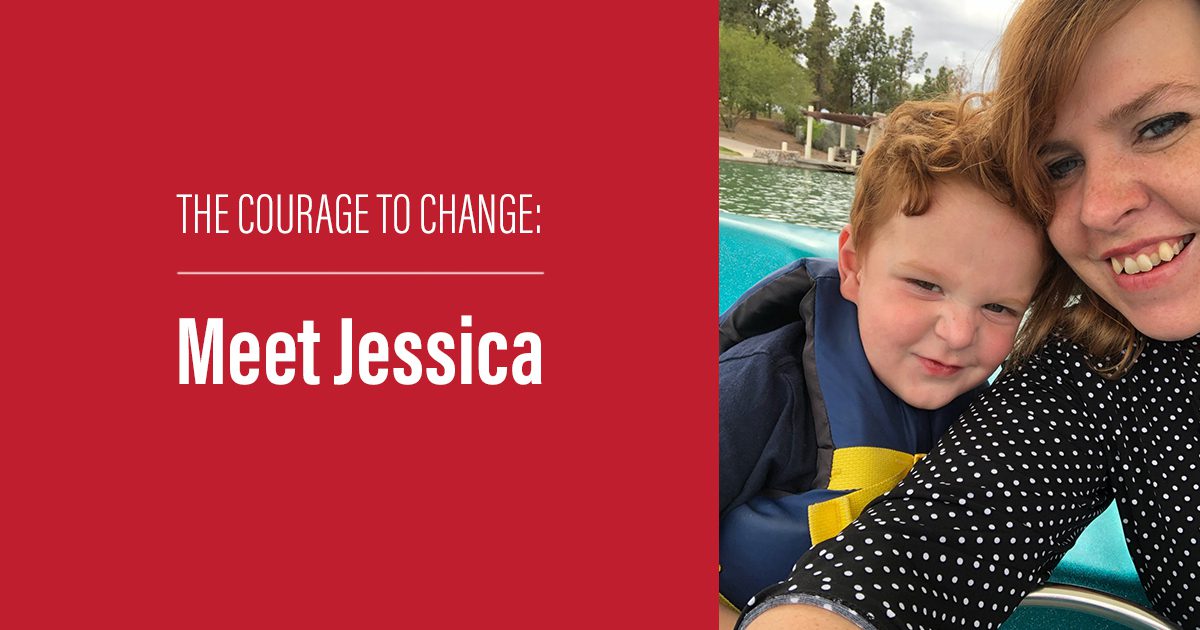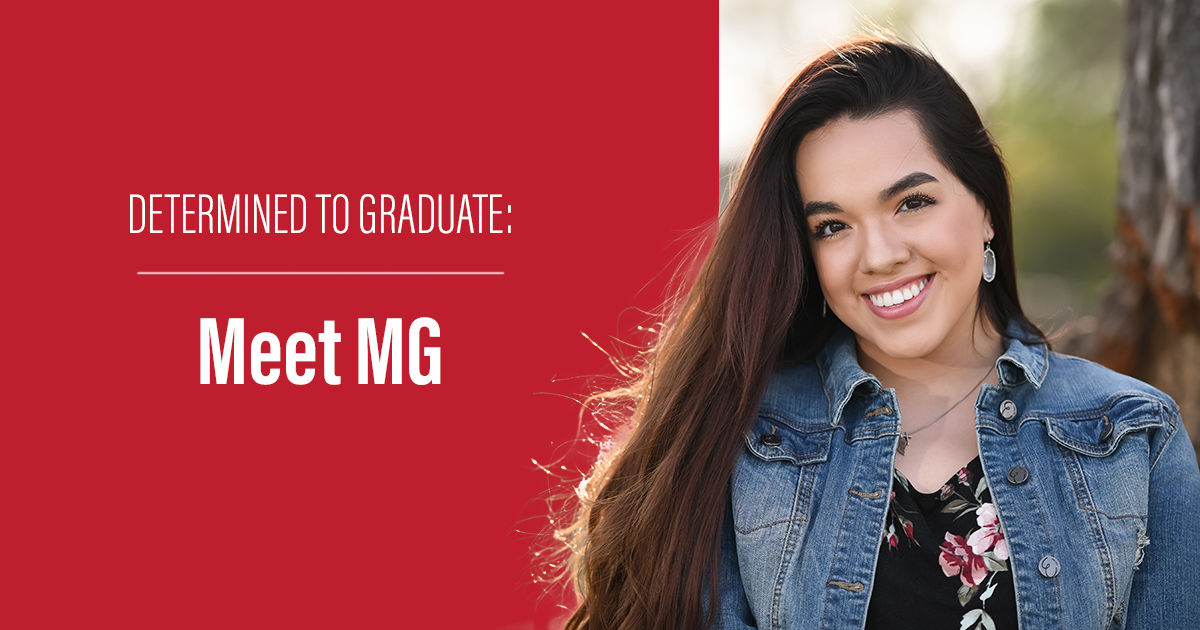Covid-19 Deepens the Digital Divide in Arizona
When schools moved online, Covid-19 deepened the Digital Divide in Arizona almost overnight. With the possibility of school continuing online for the fall 2020 semester, the digital divide threatens to become an even bigger obstacle for low-income students.
Live & Learn women enrolled in Maricopa Community Colleges and local universities have overcome significant obstacles to get to a position of pursuing post-secondary education. Many had dropped out of high school as teenagers. Many had never known anyone who went to college. When college classes moved online mid-semester due to Covid-19, most of these women did not have home computers or internet access. They had already put in half a semester of work. Many were taking classes while raising young children and working full-time. There was no room in their budgets to purchase laptops and internet. Even if there had been, they were now losing wages and losing jobs due to Covid-19.
With support from generous donors, Live & Learn worked to mitigate the impact. Diana, a single mother of three young children and a recent domestic violence survivor received a laptop from Live & Learn’s laptop lending library, as well as financial assistance to secure reduced-cost internet. This allowed her to finish her semester at Grand Canyon University, where she is studying to become a substance abuse counselor. In case classes are moved online again in the fall semester, Diana has begun saving a few dollars each paycheck so she can afford the $10 per month reduced-cost internet.
For others, overcoming technological obstacles has not been so smooth.
“Successfully signing-up for the reduced-cost internet has been really hard for a lot of women,” says Stephanie Castillo, Live & Learn Program Manager. “Women have to scan and email documentation to qualify, but that is difficult if you don’t have internet access and the libraries are closed. “There is also a lag time for many women between when they submit their documentation and when the internet access starts. “If you are in the middle of a semester, having to wait a month for your internet to start means you miss classes and deadlines,” Ms. Castillo explains.
Women like Antonia have struggled to overcome technological obstacles. Antonia attends Phoenix College, and she is a single mother of six children. Last year, Antonia and her children escaped serious domestic violence. In March, Live & Learn was able to provide a laptop, which she and her children share. Antonia uses it for her school work in the middle of the night so her children can use it during the day. Her grades began to slip.
“I know I could get good grades, but I just don’t have the time,” she explains. “If my children have to do schoolwork from home again in the fall, I don’t think I can, too. College might have to wait.”
— Antonia
Antonia is not alone in considering dropping out. Tasha, who grew up in poverty and foster care, had been attending Scottsdale Community College and living in her car. Online learning is not an option for her. The possibility that classes will move online again in the fall led to her decision not to register for classes.
Looking to the fall, women are worried. Many women have lost over two months of paychecks and many are continuing to lose pay with no end in sight. Simultaneously, women are accruing penalty fees for missed or partial rent payments, and childcare costs have more than doubled, making returning to work an impossibility for many.
For women who are able to adapt to online learning, the demands on Live & Learn Client Coordinators have increased. Client Coordinators work to ensure women develop the technology skills they need quickly. An often-overlooked aspect of the digital divide is that individuals who grow up in low-income households may lack the basic computer and internet skills that their peers develop before entering college. Additionally, middle- and upper-income individuals often have family they can rely on to help them with technological problems, while low-income individuals often lack this resource. For Live & Learn women, Client Coordinators fill that gap.





